A Ph.D. in veterinary medicine is a post-graduate degree that focuses on original research. Students will take additional coursework in stem cell biology, regenerative medicine, parasitology, and animal biology. The degree requires students to write an original research thesis and pass oral and written candidacy exams. The dissertation is a significant component of the degree, and it must be completed in order for the graduate to receive their doctorate.
The DVM program can lead to employment in the United States Department of Agriculture, nonprofit animal organizations, and the military. There are also several options for graduate degrees in veterinary medicine. Many DVM graduates choose to pursue careers in the biotechnology and pharmaceutical industries. Other DVM graduates choose to enter the field of clinical veterinary medicine. They can specialize in a single area or focus on several areas. Upon graduating from the program, graduates are prepared for a variety of roles in a variety of medical fields.
A Ph.D. in veterinary medicine is one of the highest qualifications available through higher education. Veterinary doctors hold this title because of their expertise in their specialty. The DVM program involves classroom work and laboratory work, as well as some clinical training, and requires five years of graduate study. During this time, students may also have the opportunity to work in a veterinary clinic. This will give them an opportunity to practice their skills in a real-life setting, in a hands-on environment.
Ph.D. in Veterinary Medicine Eligibility
Candidates who want to take admission in Ph.D. must have a post-graduate degree in Veterinary Medicine and its relevant discipline with at least 55% marks from a recognized university and must have passed the national level entrance examination or university level entrance examination. National level entrance exams like UGC NET / UGC CSIR NET / GATE / SLET or University entrance exams consist of written tests and personal interviews.
The Benefits of a Ph.D. in Veterinary Medicine
A Ph.D. in veterinary medicine is a research-based degree that prepares graduates for a variety of careers in animal sciences. Depending on the program or school, students can focus on animal nutrition, agricultural sciences, animal health, pathology, wildlife conservation efforts, or disease control. Although a Ph.D. in veterinary science doesn't enable graduates to work directly with animals, it does enable them to apply their knowledge to their own practice.
Depending on the program and the school, there are different prerequisites for admission. For a D.V.M. degree, students will take coursework in anatomy, physiology, chemistry, biochemistry, genetics, and pharmacology. The final two years of the program are devoted to clinical experiences. Students will take courses in small and large animals, as well as exotic animals. This hands-on experience will help them in their future careers. In the last year of the program, students will specialize in an area of veterinary medicine. For example, a student studying equine ambulation or equine reproduction will take electives in equine reproduction.
A Ph.D. in veterinary medicine will allow students to apply their scientific knowledge in researching animal diseases. This degree is also recognized by employers and can lead to a career in animal care. The doctorate program can lead to a doctorate in veterinary medicine. This program is highly competitive, with a median salary of $88,615 (including a year of tuition).
The Career Opportunities of a Ph.D. in Veterinary Medicine
Obtaining a Ph.D. in veterinary medicine can lead to a wide range of career opportunities. Upon completion of your Ph.D., you can practice in a variety of roles, including as a vet, researcher, or academic. Some opportunities include positions in government, academia, the pharmaceutical industry, wildlife conservation, and more. These fields are growing rapidly, and careers in veterinary medicine are more exciting than ever.
A Ph.D. in veterinary medicine is one of the most highly regarded qualifications in higher education. It entitles the holder to use the title "Doctor" and is often considered an expert in a field. Veterinary medicine may be a great choice for those with a strong interest in science. A typical Ph.D. program includes classroom and laboratory work, and a thesis or dissertation may be required. In some cases, students will get the opportunity to work in a clinic during their studies.
A Ph.D. in veterinary medicine will allow you to become a veterinarian. The number of positions in the veterinary profession is expected to grow 16% between now and 2029. The median annual salary for a veterinarian in 2020 will be $106,100. You can choose to work as a research scientist or a specialty. A career in veterinary medicine will be rewarding for both those who are interested in research.
The Future Scope of a Ph.D. in Veterinary Medicine
A Ph.D. in Veterinary Medicine focuses on basic and applied research in veterinary medicine. Typical coursework includes coursework on animal nutrition, animal health, and pathobiology. Students may also take additional courses in laboratory animal biology, stem cell biology, regenerative medicine, parasitology, and biomedical informatics. A dissertation is required to complete the degree, and students must complete oral and written candidacy exams. The degree leads to a variety of careers, including academia, research, and teaching.
The Ph.D. in Veterinary Medicine degree has a wide scope and can lead to many different types of positions. A Ph.D. in veterinary science can be used to enter a wide range of fields. Graduates may work in basic or applied research, become clinicians in the animal health industry, or even pursue a career in teaching animal medicine. In addition to careers in animal medicine, graduates can choose to go into a variety of postdoctoral positions.
The scope of a Ph.D. in Veterinary Science is extremely diverse. Students may choose a career in the veterinary field or go into other related fields. Some PhDs go into clinical practice, while others become veterinarians. There are several options for postdoctoral employment in veterinary science. If you are considering a Ph.D. in Agricultural Sciences, there are several opportunities that may be right for you.
Ph.D. Research Programme duration
The Ph.D. in Veterinary Medicine course is a minimum of 3 years and a maximum of 5 in duration. This depends on the university offering the course.
Fees for research program for Veterinary Medicine
The average fee for Ph.D. in Veterinary Medicine degree is between INR 50000 and INR 500000.
 5 Years
5 Years
 PhD
PhD
 Research
Research







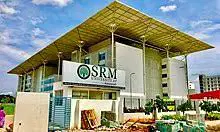
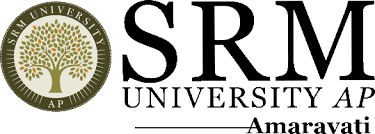

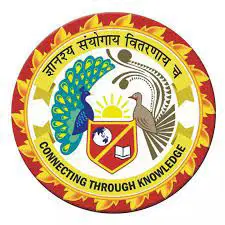

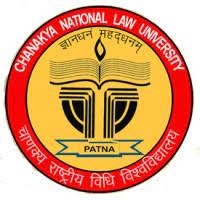

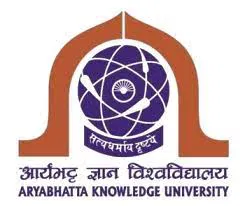

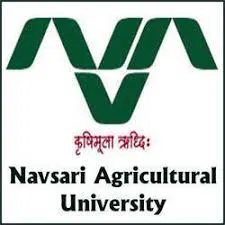
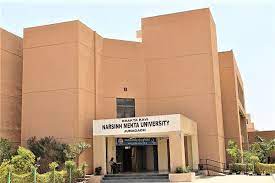
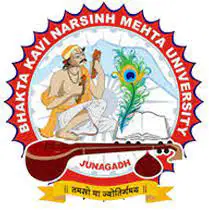
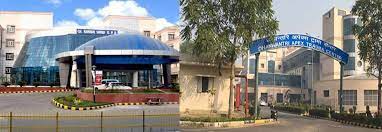
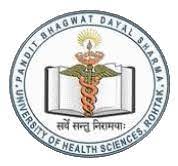

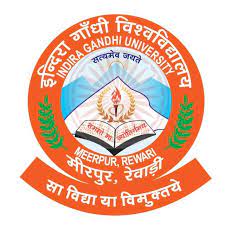

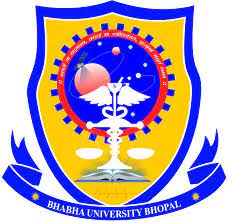

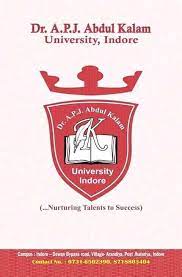


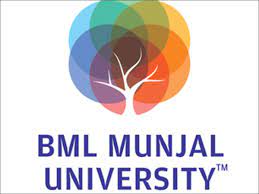
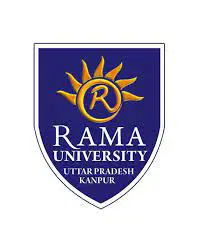


 back
back